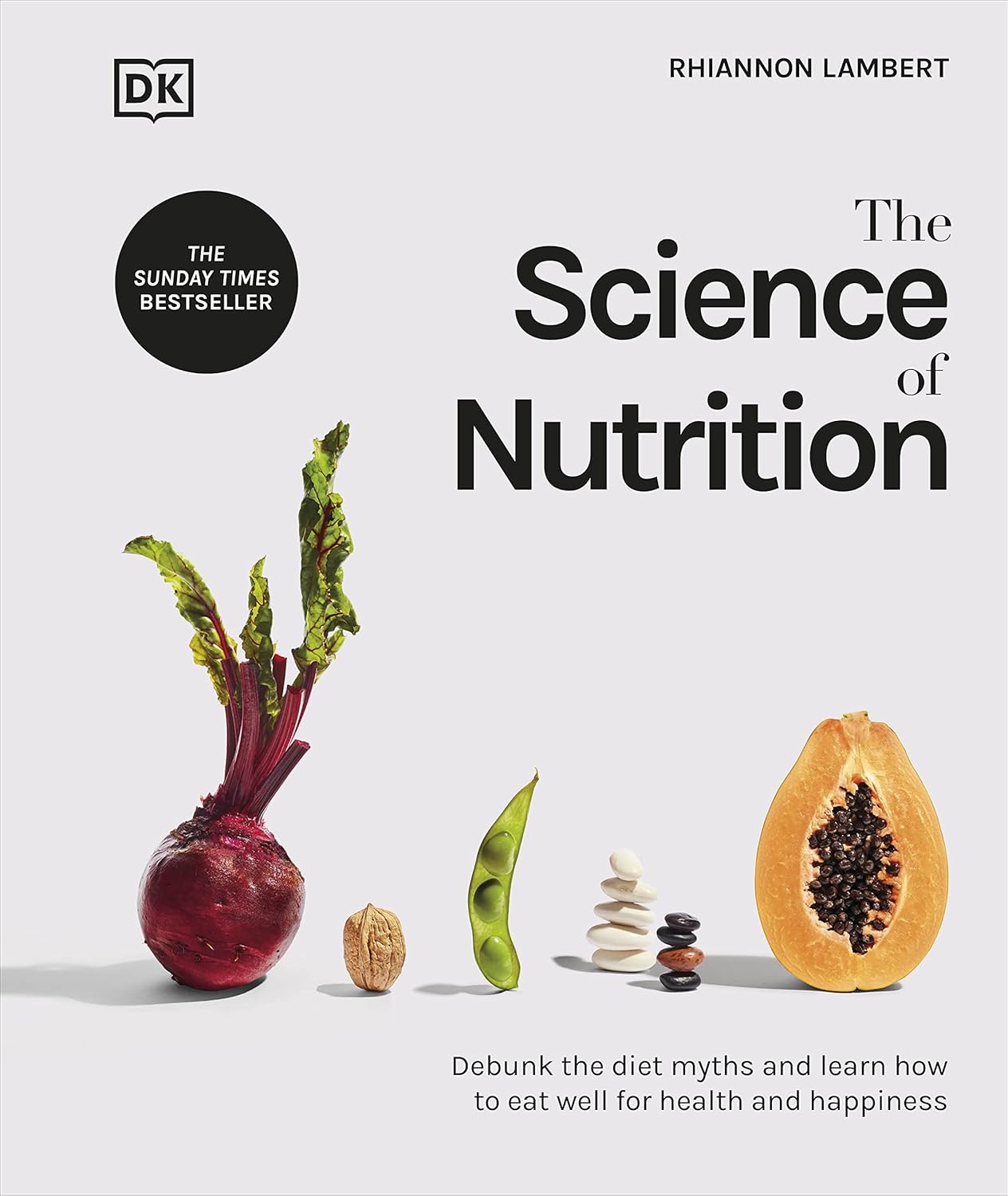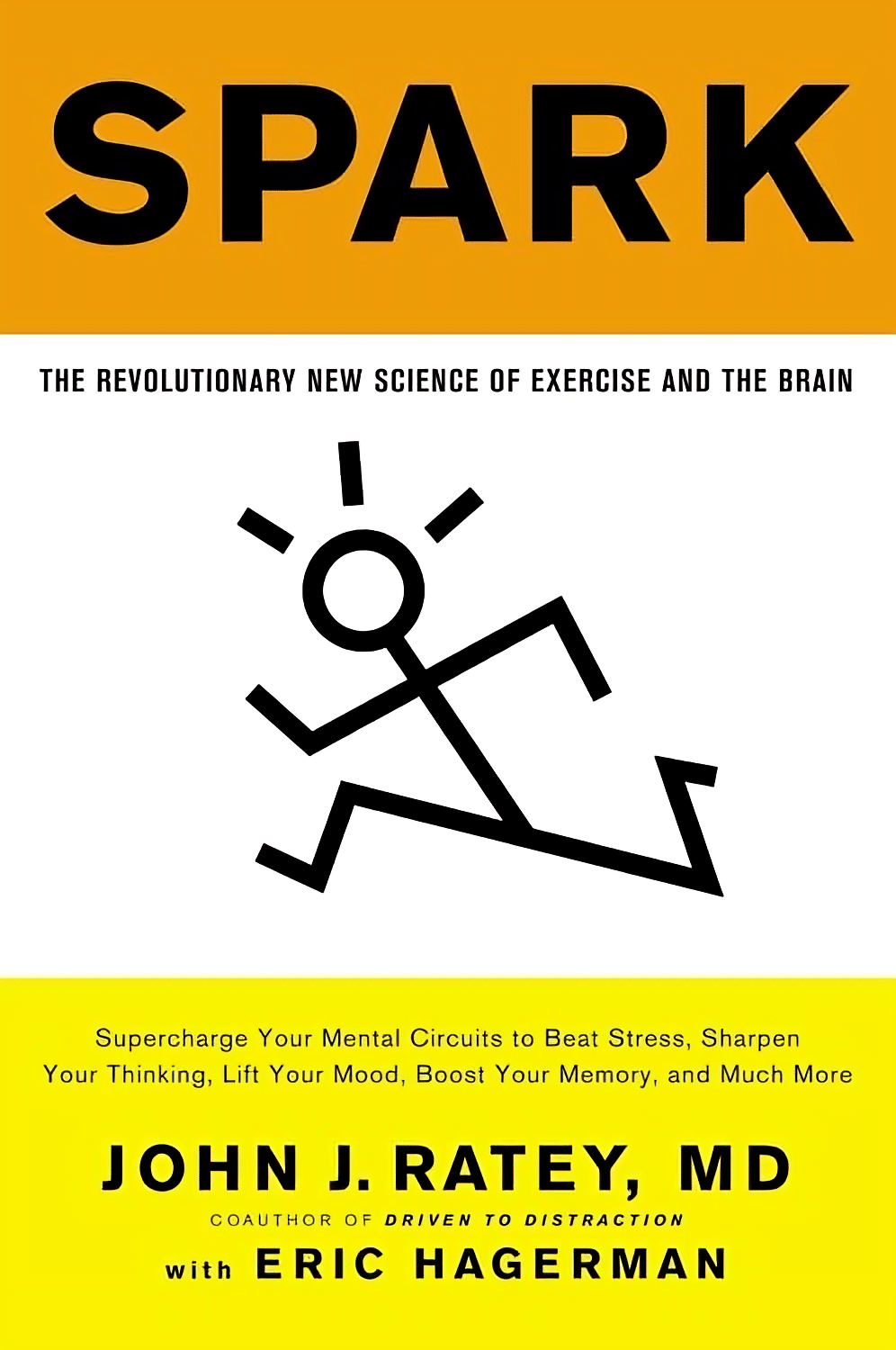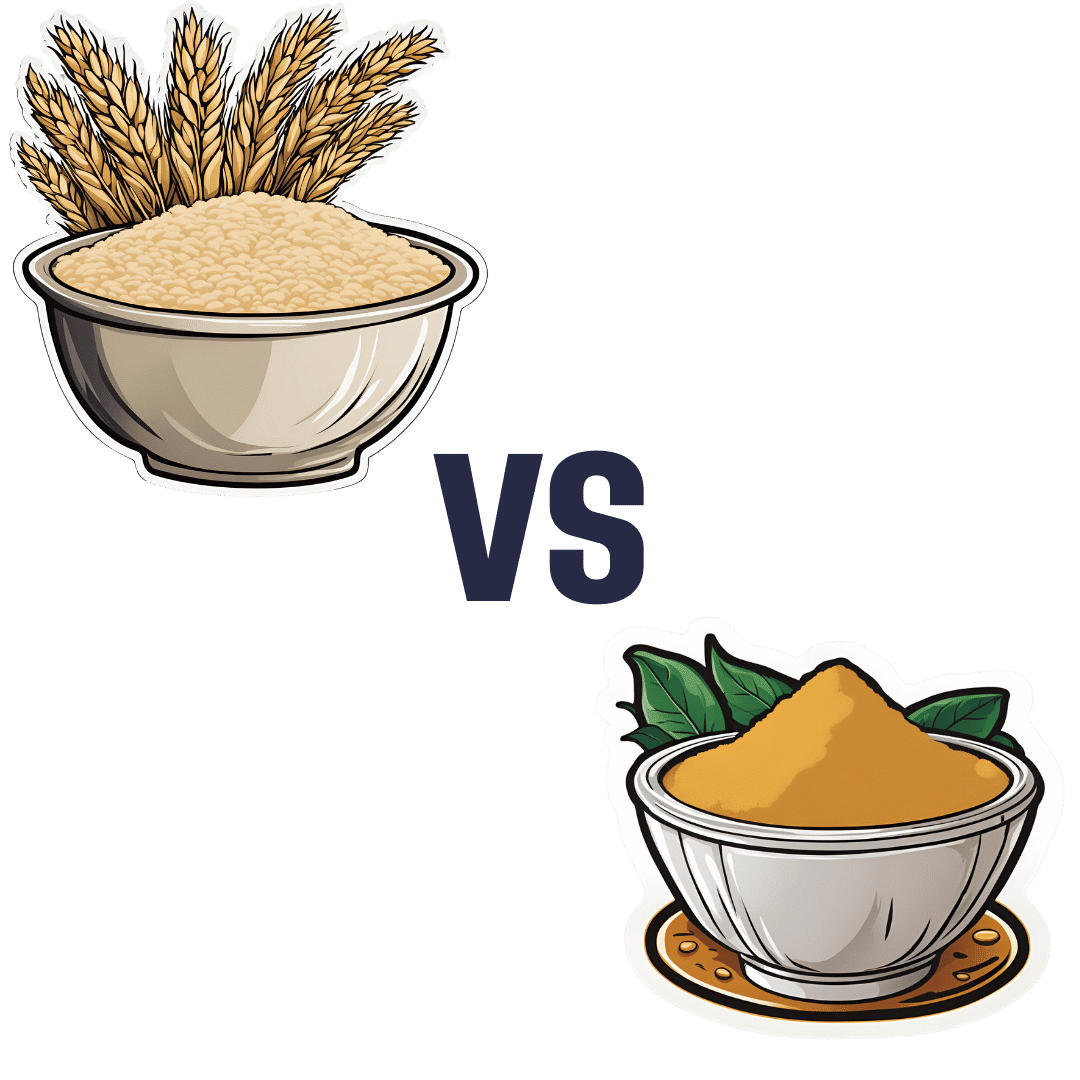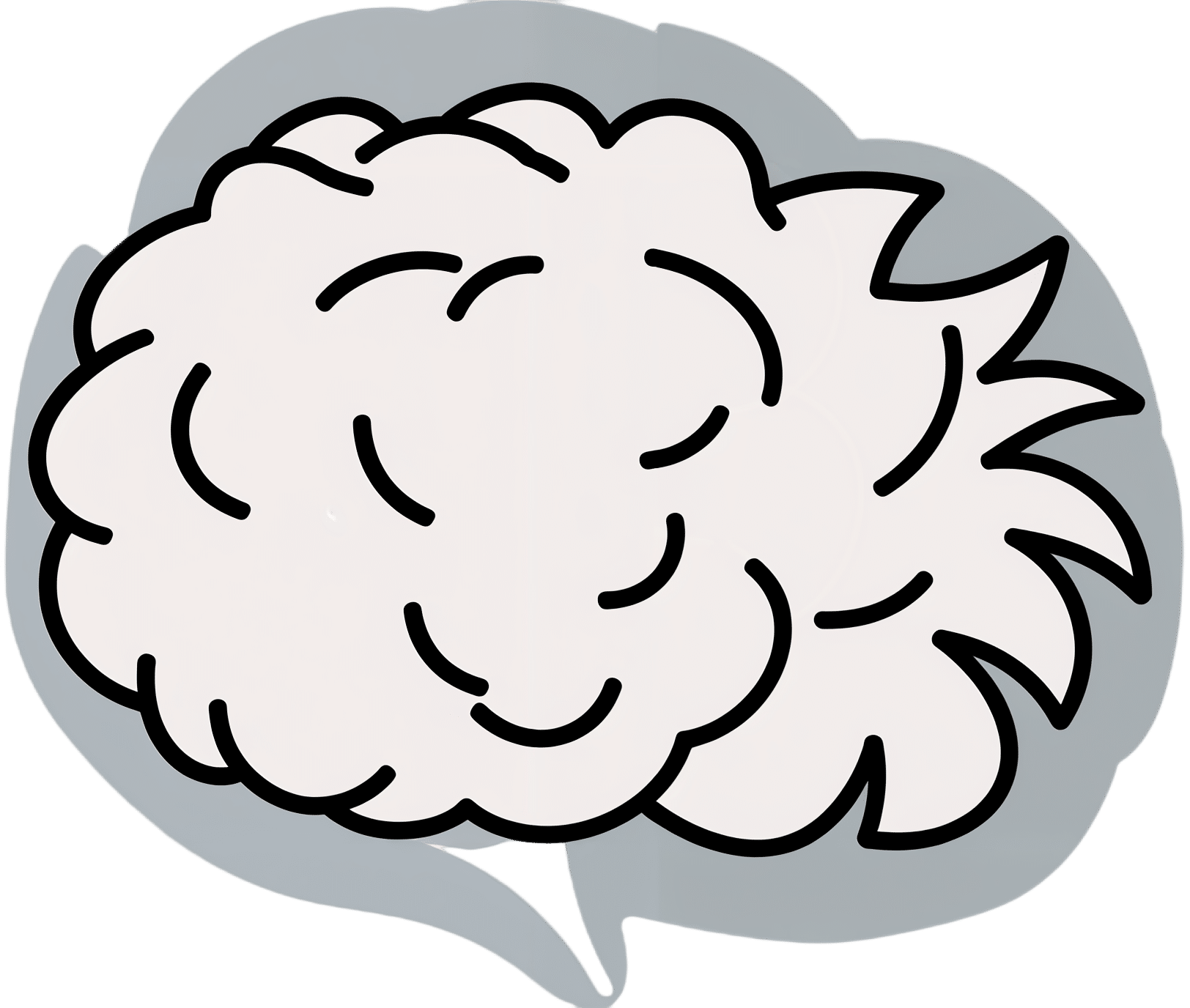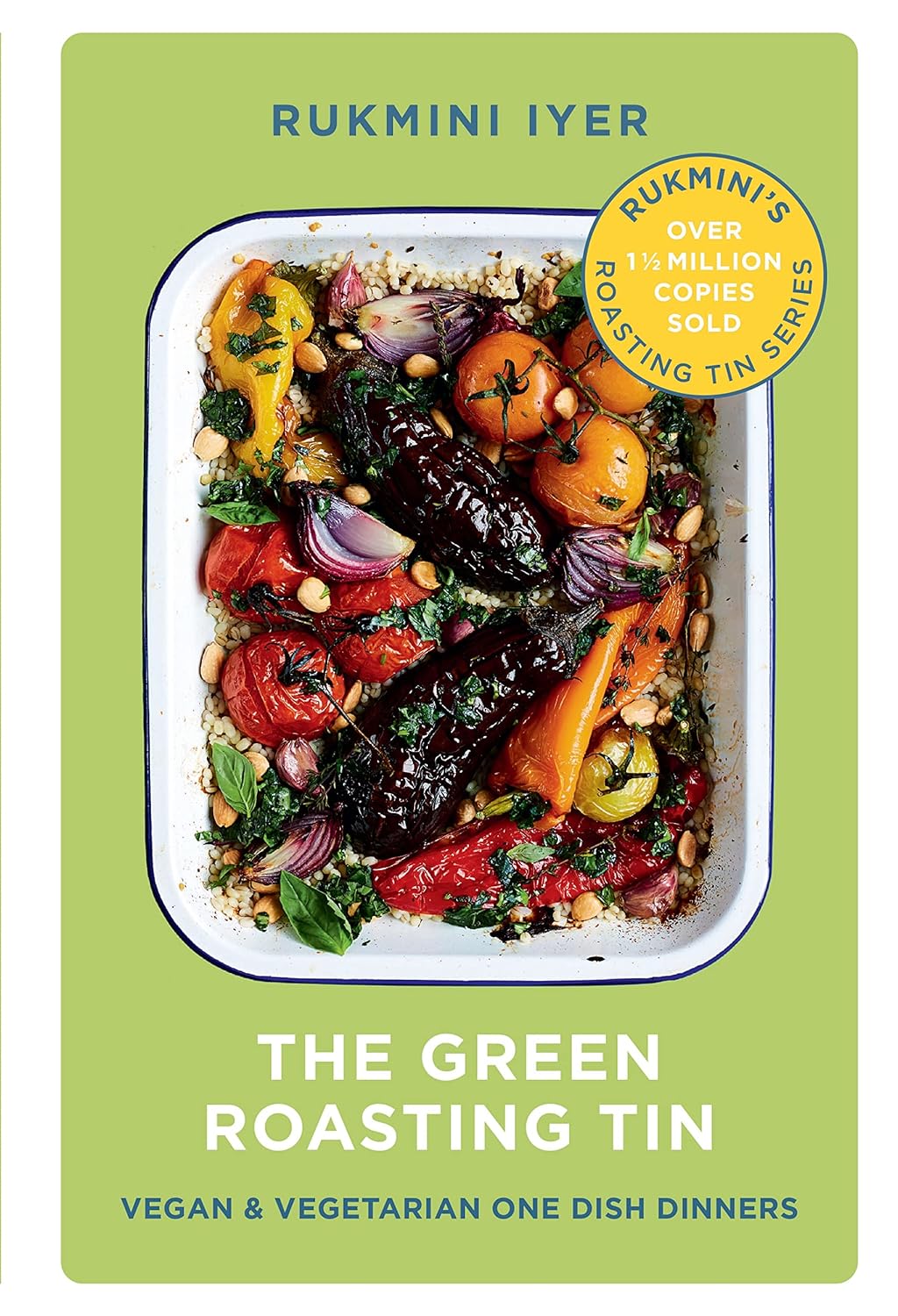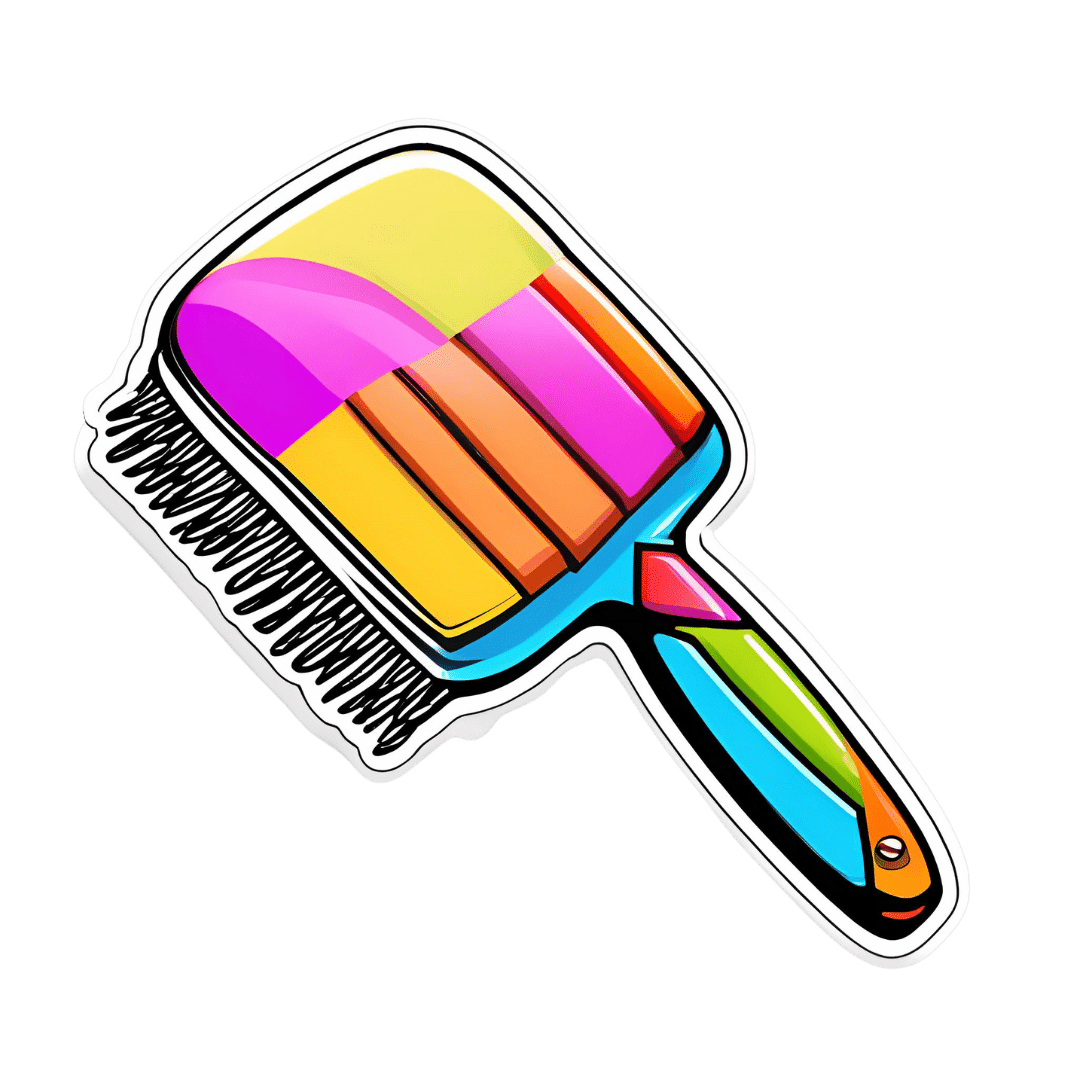
Stop Using The Wrong Hairbrush For Your Hair Type
10almonds is reader-supported. We may, at no cost to you, receive a portion of sales if you purchase a product through a link in this article.
When you brush your hair, you’re either making it healthier or damaging it, depending on what you’re using and how. To avoid pulling your hair out, and to enjoy healthy hair of whatever kind you have and whatever length suits you, it pays to know a little about different brushes, and the different techniques involved.
Head-to-head
Brush shapes and sizes are designed to achieve different effects in hair, not just for decoration. For example:
- Rat tail combs are excellent for parting and sectioning hair with clean lines. The rat tail part is actually more important than the comb part.
- Regular combs are multipurpose but best for use with flat irons, ensuring straighter hair for a longer time.
- Wide-tooth combs should not be used for detangling as they can cause breakage; instead, use a proper detangling brush. Speaking of detangling…
- Detangling brushes are essential for daily use. Whichever you use, start brushing from the bottom to prevent tangles from stacking and worsening. As for kinds of detangling brush:
- The “Tangle Teaser” is a good beginner option, but it may not detangle well for thicker hair.
- Wet Brush (this is a brand name, and is not about any inherent wetness) is the recommended detangling brush for most people. It can be used on wet or dry hair.
- Mason Pearson brush is a luxury detangling brush (see it here on Amazon) that works slightly more quickly and efficiently, but is expensive and not necessary for most people.
- Teasing brushes are for adding volume by backcombing—but require skill to prevent visible tangles. Best avoided for most people.
- Ceramic round brushes are the best for blow-drying, because they hold tension and help hair dry smoother and shinier.
- Blow-dryer brushes are great for easy blow-drying but should not be used on dry hair, to avoid damage.
- Denman brushes are for people with natural curls, enhancing curls without straightening them like a Wet brush would.
For more on all of these brushes, plus visual demonstrations, enjoy:
Click Here If The Embedded Video Doesn’t Load Automatically!
Want to learn more?
You might also like to read:
Take care!
Don’t Forget…
Did you arrive here from our newsletter? Don’t forget to return to the email to continue learning!
Recommended
Learn to Age Gracefully
Join the 98k+ American women taking control of their health & aging with our 100% free (and fun!) daily emails:
-
The Science of Nutrition – by Rhiannon Lambert
10almonds is reader-supported. We may, at no cost to you, receive a portion of sales if you purchase a product through a link in this article.
While there are a lot of conflicting dietary approaches out there, the science itself is actually fairly cohesive in most regards. This book does a lot of what we do here at 10almonds, and presents the science in a clear fashion without having any particular agenda to push.
The author is a nutritionist (BSc, MSc, RNutr) and therefore provides an up-to-date evidence-based approach for eating.
As a result, the only part of this book that brings it down in this reviewer’s opinion is the section on Intermittent Fasting. Being not strictly about nutrition, she has less expertise on that topic, and it shows.
The information is largely presented in double-page spreads each answering a particular question. Because of this, and the fact there are colorful graphic representations of information too, we do recommend the print version over Kindle*.
Bottom line: if you like the notion of real science being presented in a clear and simple fashion (we like to think our subscribers do!), then you’ll surely enjoy this book.
Click here to check out the Science of Nutrition, and get a clear overview!
*Writer’s note: I realize I’ve two days in a row recommended this (yesterday because there are checkboxes to check, worksheets to complete, etc), but it’s not a new trend; just how it happened to be with these two books. I love my Kindle dearly, but sometimes print has the edge for one reason or another!
Share This Post
-
Spark – by Dr. John Ratey
10almonds is reader-supported. We may, at no cost to you, receive a portion of sales if you purchase a product through a link in this article.
We all know that exercise is good for mental health as well as physical. So, what’s so revolutionary about this “revolutionary new science of exercise and the brain”?
A lot of it has to do with the specific neuroscience of how exercise has not only a mood-boosting effect (endorphins) and neuroprotective effect (helping to guard against cognitive decline), but also promotes neuroplasticity… e.g., the creation and strengthening of neural pathways, as well as boosting the structure of the brain in some parts such as the cerebellum.
The book also covers not just “exercise has these benefits”, but also the “how this works” of all kinds of brain benefits, including:
- against Alzheimer’s
- mitigating ADHD
- managing menopause
- dealing with addiction
…and more. And once we understand how something works, we’re far more likely to be motivated to actually do the kinds of exercises that give the specific benefits we want/need. Which is very much the important part!
In short: this book will tell you what you need to know to get you doing the exercises you need to enjoy those benefits—very much worth it!
Share This Post
-
Barley Malt Flour vs chickpea flour – Which is Healthier?
10almonds is reader-supported. We may, at no cost to you, receive a portion of sales if you purchase a product through a link in this article.
Our Verdict
When comparing barley malt flour to chickpea flour, we picked the chickpea.
Why?
First, some notes:
About chickpea flour: this is also called besan flour, gram flour, and garbanzo bean flour; they are all literally the same thing by different names, and are all flour made from ground chickpeas.
About barley malt flour: barley is a true grain, and does contain gluten. We’re not going to factor that into today’s decision, but if you are avoiding gluten, avoid barley. As for “malt”; malting grains means putting them in an environment (with appropriate temperature and humidity) that they can begin germination, and then drying them with hot air to stop the germination process from continuing, so that we still have grains to make flour out of, and not little green sprouting plants. It improves the nutritional qualities and, subjectively, the flavor.
To avoid repetition, we’re just going to write “barley” instead of “barley malt” now, but it’s still malted.
Now, let’s begin:
Looking at the macros first, chickpea flour has 2x the protein and also more fiber, while barley flour has more carbs. An easy win for chickpea flour.
In the category of vitamins, chickpea flour has more of vitamins A, B1, B5, B9, E, and K, while barley flour has more of vitamins B2, B3, B6, and C. A modest 6:4 victory for chickpea flour.
When it comes to minerals, things are much more one-sided; chickpea flour has more calcium, copper, iron, magnesium, manganese, phosphorus, potassium, and zinc, while barley flour has more selenium. An overwhelming win for chickpea flour.
Adding up these three wins for chickpea flour makes for a convincing story in favor of using that where reasonably possible as a flour! It has a slight nutty taste, so you might not want to use it in everything, but it is good for a lot of things.
Want to learn more?
You might like to read:
- Grains: Bread Of Life, Or Cereal Killer?
- Gluten: What’s The Truth?
- Sprout Your Seeds, Grains, Beans, Etc
Take care!
Share This Post
Related Posts
-
The Liver Cure – by Dr. Russell Blaylock
10almonds is reader-supported. We may, at no cost to you, receive a portion of sales if you purchase a product through a link in this article.
We’ve written before about How To Unfatty A Fatty Liver, but there’s a lot more that can be said in a book that we couldn’t fit into our article.
In this book, Dr. Blaylock looks at the causes and symptoms of liver disease, the mechanisms behind such, and how we can adjust our dietary habits (and other things) to do better for ourselves.
While the book’s primary focus is on diet, he does also look at medications (especially: those that hinder liver health, which are many, including simple/common stuff like Tylenol and similar), and the effects of different lifestyle choices, including ones that aren’t diet-related.
Because most people’s knowledge of liver disease starts and ends at “don’t drink yourself to death”, this book is an important tome of knowledge for actually keeping this critical organ in good order—especially since symptoms of liver disease can initially be subtle, and slow to show, often escaping notice until it’s already far, far worse than it could have been.
Many people find out by experiencing liver failure.
The writing style is… A little repetitive for this reviewer’s preference, but it does make sure that you won’t miss things. Also, when it comes to supplements, he repeatedly recommends a particular company, and it’s not clear whether he has a financial interest there. But the actual medical information is good and important and comprehensive.
Bottom line: if you’d like to keep your liver in good health, this is a book that will help you to do just that.
Click here to check out The Liver Cure, and keep yours working well!
Don’t Forget…
Did you arrive here from our newsletter? Don’t forget to return to the email to continue learning!
Learn to Age Gracefully
Join the 98k+ American women taking control of their health & aging with our 100% free (and fun!) daily emails:
-
What does lion’s mane mushroom actually do, anyway?
10almonds is reader-supported. We may, at no cost to you, receive a portion of sales if you purchase a product through a link in this article.
You may know it as an ingredient in nootropic supplements. You may have heard of lion’s mane mushroom coffee. You may know it as the big shaggy white mushroom that grows in nature and can look very impressive.
What’s special about it?
The lion’s mane mushroom, or Hericium erinaceus (we mention, as studies we’ll cite often use the botanical name) is an adaptogenic agent that has an established ability to promote nerve regeneration through nerve growth factor neurotrophic activity. In other words, it helps (re)grow neurons.
In a 2023 study, researchers wondered if its abilities (well-established in the peripheral nervous system) would work in the central nervous system too, namely the brain, specifically the hippocampus (responsible for memory).
To boil what they found down to a single line, they concluded:
❝[Lion’s mane extract] therefore acts through a novel pan-neurotrophic signaling pathway, leading to improved cognitive performance.❞
You can read the full study for yourself (with pictures!) here:
Limitations of the study
It’s worth noting that the above study was performed on mice brains, not those of humans. As there is a shortage of human volunteers willing to have their brains sliced and examined under microscopes, we do not expect this study to be repeated with humans any time soon.
So, are there human studies that have been done?
There are! Particularly promising was this 2020 study of people with Alzheimer’s disease, wherein supplementation with 1g of lion’s mane mushroom daily for 49 weeks significantly increased cognitive test scores compared with a placebo; you can read about it here:
Additionally, this 2019 study showed that taking 1.2g daily for eight weeks helped relieve depression, anxiety, and sleep disorders in overweight or obese patiences:
Are there other health benefits?
It seems so! Unfortunately, most of its other health claims are only supported by animal studies so far, aside from one small study funded by a supplement company for their supplement that contained mostly Agaricus blazei (a different mushroom) with 14% lion’s mane.
However, in animal studies, lion’s mane has also shown promise:
- For digestion
- Against inflammation
- For cardiovascular health
- For diabetes management
- Against cancer
- Against aging
Where can I get it?
We don’t sell it (or anything else, for that matter) but if you’d like to try it, here’s an example product for your convenience:
Don’t Forget…
Did you arrive here from our newsletter? Don’t forget to return to the email to continue learning!
Learn to Age Gracefully
Join the 98k+ American women taking control of their health & aging with our 100% free (and fun!) daily emails:
-
The Green Roasting Tin – by Rukmini Iyer
10almonds is reader-supported. We may, at no cost to you, receive a portion of sales if you purchase a product through a link in this article.
You may be wondering: “do I really need a book to tell me to put some vegetables in a roasting tin and roast them?” and maybe not, but the book offers a lot more than that.
Indeed, the author notes “this book was slightly in danger of becoming the gratin and tart book, because I love both”, but don’t worry, most of the recipes are—as you might expect—very healthy.
As for formatting: the 75 recipes are divided first into vegan or vegetarian, and then into quick/medium/slow, in terms of how long they take.
However, even the “slow” recipes don’t actually take more effort, just, more time in the oven.
One of the greatest strengths of this book is that not only does it offer a wide selection of wholesome mains, but also, if you’re putting on a big spread, these can easily double up as high-class low-effort sides.
Bottom line: if you’d like to eat more vegetables in 2024 but want to make it delicious and with little effort, put this book on your Christmas list!
Click here to check out The Green Roasting Tin, and level-up yours!
Don’t Forget…
Did you arrive here from our newsletter? Don’t forget to return to the email to continue learning!
Learn to Age Gracefully
Join the 98k+ American women taking control of their health & aging with our 100% free (and fun!) daily emails:


